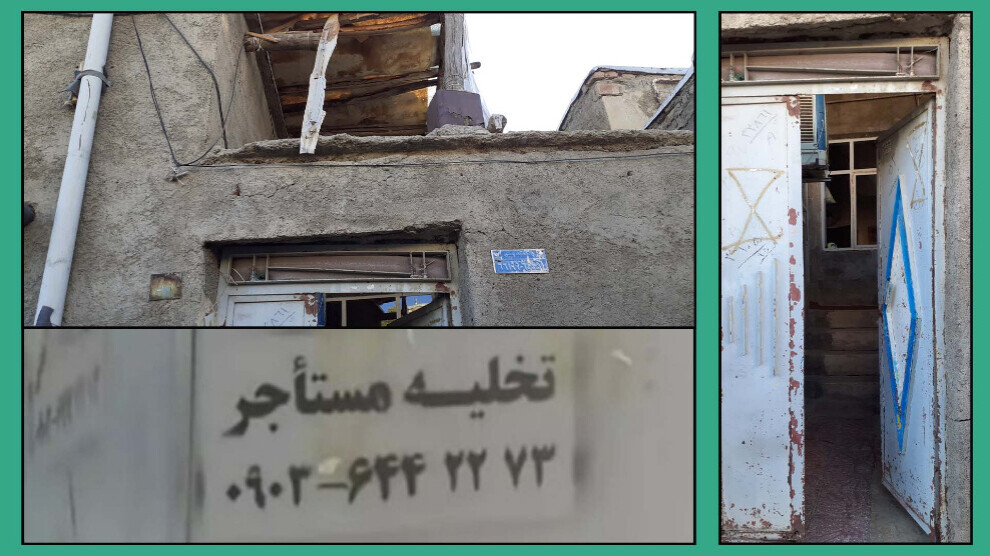Lack of housing, maximum pressure on renters in Iran
While housing is one of the basic human needs, the Iran people do not benefit from such a right and have to cope with increasing prices of rents and mortgage of rental houses, and this situation has caused more and more pressure on the low-income classes

While housing is one of the basic human needs, the Iran people do not benefit from such a right and have to cope with increasing prices of rents and mortgage of rental houses, and this situation has caused more and more pressure on the low-income classes in cities of Iran.
HIMA RAD
Sanandaj - The number of renters in Iran reaches 8.5 million households. The renters struggle to pay their rents because they must use all their strength in order to be able to pay their rents or mortgages. In most cities of Iran, renters have no plan for the future.
The multifold increase in rent rates affects not only the upper class areas of the cities but also the lower class areas and there is no institution or organization to monitor and control this deplorable situation.
Sanandaj also suffers from rent hikes while competing with the capital and big cities. Due to the unemployment rate in this city and lack of jobs, people's income is still low, while rent and mortgages have tripled and quadrupled compared to the previous years.
The women living in the Hassan Abad neighbourhood of Sanandaj have no hope for the future and consider the situation of the renters to be catastrophic. Complaining about the rent hikes, they say that many houses have no facilities despite their high prices that they cannot afford.
S.R , one of the women, who owns a tailor shop, said, “My husband spends all of his income on rent, and I don't have any income.” S.R. has been looking for a house to rent for two months, but she has not found one due to the high prices of mortgage and rent. She told us that her family does not have a happy life.
Most of the people living in the Hajiabad neighborhood are renters and most of them live in old houses that have no facilities, but it seems that the landowners have agreed on the prices of rents no matter how old the houses are, where they are located and the size of the houses and they have all raised the rents several times this year.
Most of the women we interviewed in the city said that they looked for houses for rent for several months or they are still looking for one with a low price.
Why aren't there any organizations controlling this situation? Isn't this a clear example of fishing in troubled waters and taking advantage of unstable economic conditions? While the people of the lower class, the largest population of a city like Sanandaj, are under the domination of the upper class, the unusual rent hikes continue to target the weakest classes. The rent hikes target not only their wallets but also their dignity. This situation has caused conflicts among people.
